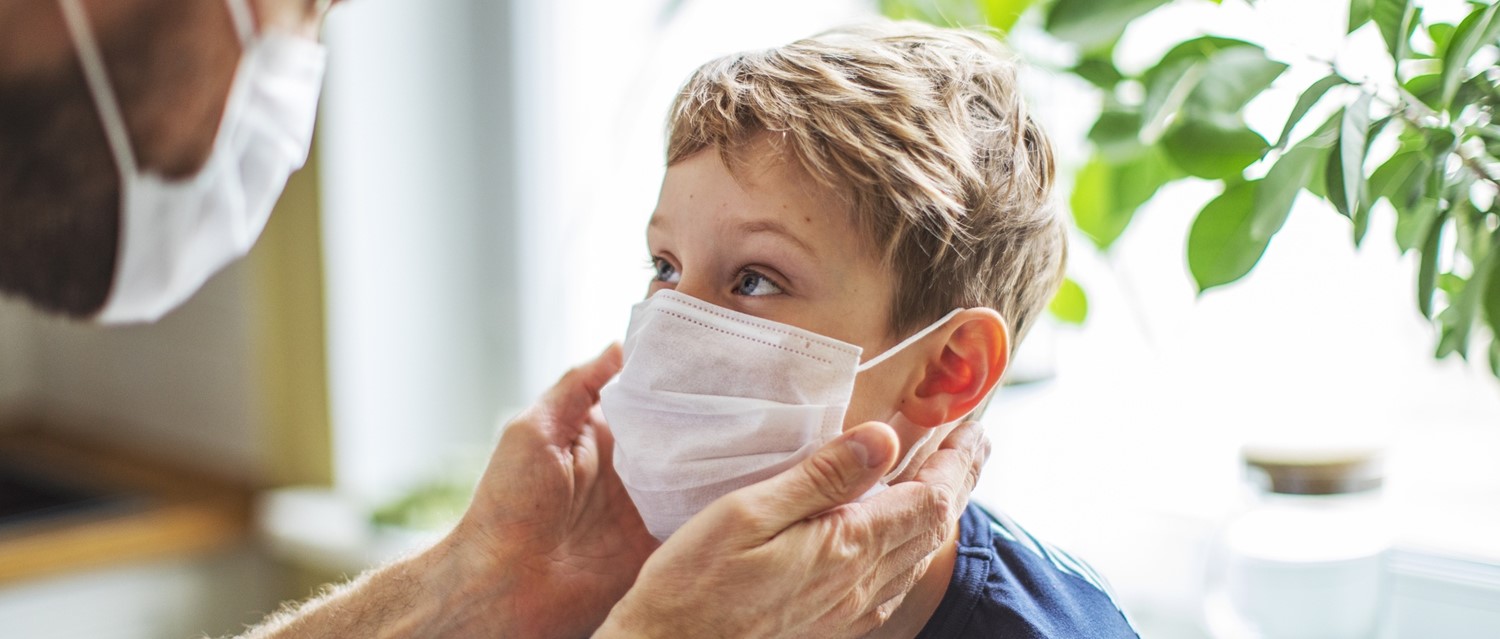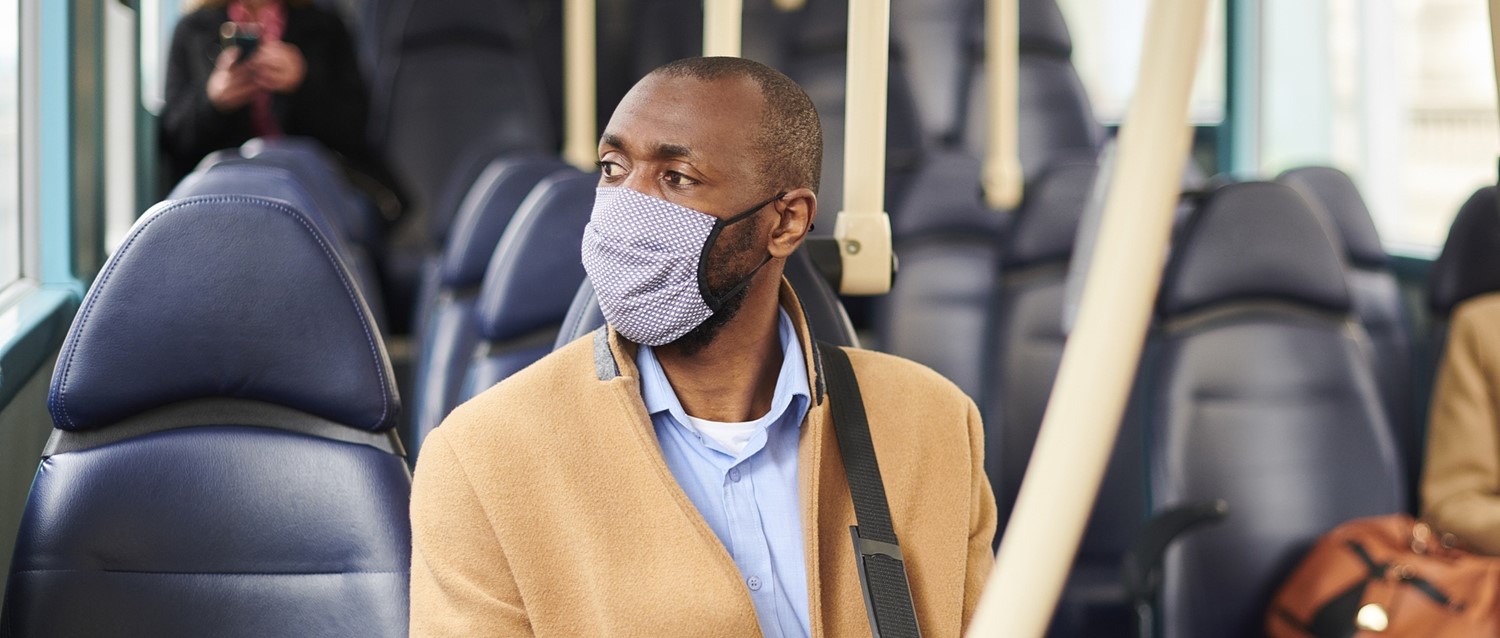
COVID-19: what to do if you feel suicidal during the coronavirus lockdown
Peer reviewed by Dr Sarah Jarvis MBE, FRCGPLast updated by Sarah GrahamLast updated 16 Apr 2020
Meets Patient’s editorial guidelines
- DownloadDownload
- Share
- Language
- Discussion
The ongoing coronavirus lockdown is inevitably having an impact on everyone's mental health. But while there's plenty of advice and resources out there for managing mild and moderate symptoms of depression, stress and anxiety during the COVID-19 pandemic, it might be harder to know where to turn in a mental health crisis.
In this article:
Video picks for Pandemic articles
Use Patient's coronavirus checker tool if you have any symptoms of fever or a new cough. Until you have used the tool and been advised what action to take, please stay at home and avoid contact with other people.
Dealing with suicidal thoughts is distressing and frightening at any time, and lockdown can understandably make you feel all the more isolated with your feelings. We're collectively facing uncertainty and anxiety about the future, social isolation, restrictions on our movement, and the stress of adapting to new routines. But it's important to remember that, even if you can't access support in all the usual ways, you're not alone and there is still help available.
"We are facing a crisis that most of us have never experienced in our lifetime. Because of this crisis, many different feelings can occur. These could include anxiety, fear, panic, regret, guilt, anger, a sense of loss, loss of hope, loneliness, or despair, and these feelings might even lead to suicidal thoughts," says Yuko Nippoda, a spokesperson for the UK Council for Psychotherapy (UKCP) and accredited psychotherapist.
"When you think the world is no longer worth living for, it is very important to know that it is natural to have these feelings; it is a very frightening world at the moment. You are responding to the situation you're facing, and many people also feel the same way. You are not alone under these circumstances, and there are people out there who would like to help you," she adds.
Continue reading below
Understanding how you feel
Although face-to-face services have been suspended, the Samaritans helpline is still available 24/7, for free, confidential support, by calling 116 123. The Samaritans can also be contacted by post or email, and have put together some practical advice on techniques to look after yourself during lockdown. You can find a list of other helpline and support services at the end of this article.
Speaking with a specially trained mental health professional or helpline volunteer can help you to explore how you're feeling and why, including in relation to COVID-19.
"What feelings are cropping up? Is it a sense of not coping? Is it a feeling of helplessness to protect people close to you? Is it job or financial concerns? Is it a trigger for existing feelings of anxiety and depression?" asks UKCP spokesperson Lucy Beresford.
"In many cases, suicidal thoughts are orchestrated by self-blame. But by acknowledging that your feelings are understandable and valid, self-blame might be reduced and you might start to feel that there is hope," Yuko adds.
Accessing support
Back to contentsIn your local area, GP surgeries and A&E departments are understandably having to adapt to the pressures of the coronavirus crisis. Even so, community mental health teams should still be available over the phone. If you are already under the care of a community mental health team you may previously have been given the most appropriate Crisis Line number to ring in an emergency, or you can search for crisis support services on the NHS website. If you have concerns about your mental health medication, you should also still be able to access telephone support from your GP surgery, so don't be afraid to ask.
Some people may already be having virtual therapy sessions, either via message, video call or over the phone. Many therapists who normally see clients in person have switched to virtual sessions since they can't currently see them in person. So if you feel that talking therapy might help you, you can still self-refer for NHS talking therapy or pay for sessions privately, even during the lockdown. You can now book private counselling via Patient Access - however, this is not suitable if you are actively thinking about harming yourself or have attempted suicide within a last month.
In an emergency, if you are seriously ill or injured, or your life is at risk, remember that you can also still call 999 - a mental health emergency should be treated just as seriously as a physical one. Alternatively, you can dial 111 (or the relevant number for your region) if you need urgent care but it's not an emergency.
Continue reading below
Self-care
Back to contentsIt can be very difficult to take care of yourself during a crisis, particularly when lockdown is likely to have disrupted your usual routines and support systems. But, wherever possible, try to maintain some kind of daily schedule - even if you can only manage the basics of eating, washing and dressing yourself.
"Routine and structure tend to make us feel safe, helping us to feel grounded and nurtured like a child. I would encourage you to get back into a daily rhythm: three proper meals, light exercise that includes stimulation of both halves of your body - such as walking on the spot and swinging your arms, or walking around the block if it's safe to do so - and keeping to a regular bedtime and time to get up," Lucy says.
"I'd also encourage you to limit technology and news consumption, especially before bedtime. I've started the routine of listening to Radio 4's book at bedtime and, for me, it really helps curb the anxiety around COVID-19," she adds. Alternatively, you might find some of the breathing and relaxation techniques suggested by the Samaritans, or practising mindfulness, useful.
Remember too that isolation doesn't have to mean being totally cut off, and make use of technology to keep in touch with friends and family via phone, text, video calls or social media, and accept any support that might be offered.
Supporting someone else
Back to contentsSocial distancing can make it particularly difficult to support someone you think might be struggling with suicidal thoughts. But there are ways to reach out and let them know you care, even if you can't physically be there.
The Samaritans recommend using video calls for virtual dinners, drinks and catch-ups, to help with reading body language and maintaining intimacy and trust. Text works too if they're more comfortable communicating openly in that way.
While some of their usual tips on helping someone to open up don't apply during lockdown, most of them can be adapted to suit social distancing rules. The key thing is to let them know you care and that you're there to listen and support them, and to make sure they know where to access any further support.
Remember too that supporting someone who feels suicidal is distressing in itself, so make sure you're looking after yourself as well and have someone you can speak with about your own feelings.
Continue reading below
Crisis helplines
Back to contentsSamaritans: call 116 123 (free, 24/7) or email jo@samaritans.org
Shout: text SHOUT to 85258 (free, 24/7)
YoungMinds Crisis Messenger: text YM to 85258 (free, 24/7)
Mind info line: 0300 123 3393
CALM: 0800 58 58 58 (for men)
Rethink: 0300 5000 927
Patient picks for Pandemic articles

COVID-19
Tips to help your kids get used to face masks and coverings
As many schools now insist pupils over 11 wear masks in certain situations, lots of our children will be donning a face covering for the first time. But how should masks be worn? And how can we help our children to use them effectively?
by Gillian Harvey

COVID-19
A year on: what we now know about COVID-19
When COVID-19 was first identified in late 2019 in China, very little was known about the disease, how to treat it or what its impact might be. A year on, knowledge has grown and several vaccines have been developed. So what do we now know about COVID-19? And what might happen with the disease in the future?
by Gillian Harvey
Continue reading below
Article history
The information on this page is peer reviewed by qualified clinicians.
16 Apr 2020 | Latest version

Ask, share, connect.
Browse discussions, ask questions, and share experiences across hundreds of health topics.

Feeling unwell?
Assess your symptoms online for free
Sign up to the Patient newsletter
Your weekly dose of clear, trustworthy health advice - written to help you feel informed, confident and in control.
By subscribing you accept our Privacy Policy. You can unsubscribe at any time. We never sell your data.